5 questions with Jonah Keri: MLB return to Montreal still possible
When Jonah Keri last stepped foot in Olympic Stadium, the derelict cavern that once housed the Montreal Expos, that feeling came back almost instantaneously. Keri, a proud Quebec native with one of the most compelling resumes in the baseball media, spent his formative summer nights shouting encouragement at nos amours under the fluorescent glow of that old barn, after all.
It was only an exhibition game, a late-March throat-clearing between the New York Mets and Toronto Blue Jays (the home team, technically), but the presence of real, live baseball in the east end of Montreal still triggered a Pavlovian response. Surrounded by throngs of delirious baseball fans, Keri was flooded by memories of his late grandfather, those summer evenings with his "idiot friends," and, of course, the woebegone franchise that packed up about a decade earlier and headed southwest to Washington.
Keri's longstanding relationship with the Expos has, by his own admission, "affected his worldview" while routinely coloring his contributions to Baseball Prospectus, ESPN and Grantland, for whom he currently serves as lead baseball writer. So when the time came for someone to chronicle the fascinating, painfully brief history of the franchise, years after the club had found a new home, the responsibility landed in Keri's uniquely qualified hands.
Keri's definitive history of the franchise - "Up, Up, and Away: The Kid, the Hawk, Rock, Vladi, Pedro, le Grand Orange, Youppi!, the Crazy Business of Baseball, and the Ill-fated but Unforgettable Montreal Expos" - documents in vivid detail the rise and fall of his beloved club, and is now available in paperback in both Canada and the United States.
Keri recently sat down with theScore to further discuss his relationship with the Expos, the possibility of an MLB return to Montreal, and the upcoming season:
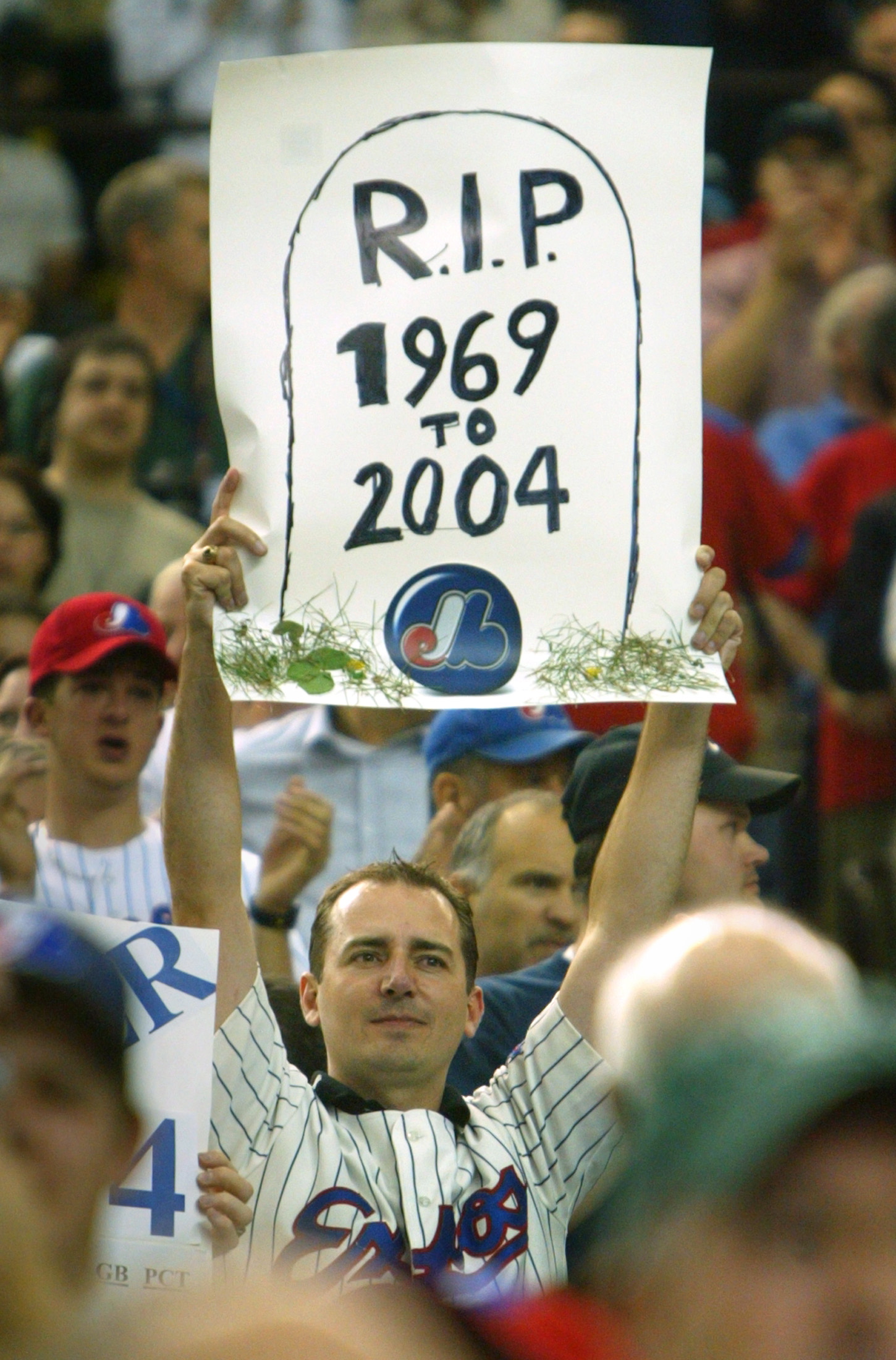
You certainly didn't have the kind of emotional distance from your subject matter typically expected of a historian - your book is colored by such authentic enthusiasm and you're widely regarded as the consummate Expos fan. So what was the process of writing this book like for you on an emotional level?
Even though it was, in my mind, going to be a passion project, the way that I wanted to write it was strictly as a historian; (it) was only interviewing people and rigorous work. And it'd be fun, but I wasn't going to get involved, and I'm producing some of the early pages and (Random House editor Paul Taunton) goes, "I think we should kick it up a notch with more you." And I said, "I'm not interesting, this is about the players.” He said, "No, no! It's not about you, really, you just tell the story as a Montrealer." So I was even reluctant to do it that way.
I think those parts of the book came out okay - and the book has been pretty positively received - but when there is criticism, it's like, "I wish that guy didn't talk about himself; I want to know more about Warren Cromartie!" Rightfully so, I want to know more about Warren Cromartie, too, by the way. But I think I kind of did it reasonably well, if only because the reporting stuff was the reporting stuff and the personal stuff was the personal stuff ... It's not church-and-state, like it kind of blends together, but we read it and re-read it and it seems like one doesn't really get in the way of the other. But it was definitely different.
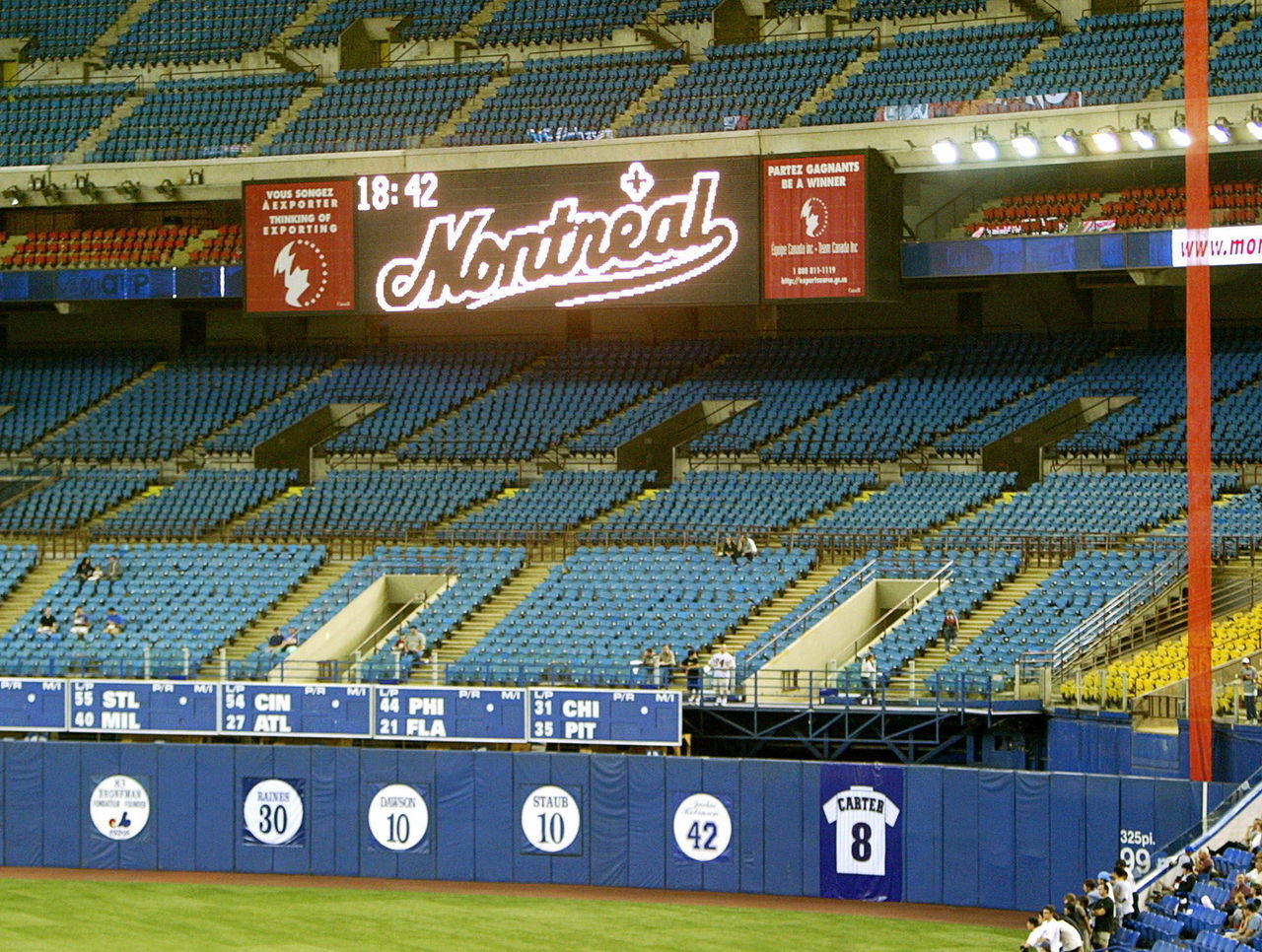
In the afterword of Up, Up and Away, you address in great detail the possibility of baseball returning to Montreal, ultimately concluding that "the dream is not dead." What needs to happen for MLB to return to la belle province?
(Commissioner Rob Manfred) came to ESPN headquarters and someone asked him, "What do you think about expansion?" Not a Montreal question, just to talk about expansion. He said, "Yup, definitely something we would consider pursuing ... if we specifically were to look at expansion, we would want to expand the game internationally. The two cities we're most interested in are Monterrey, Mexico and Montreal." Unprompted.
Now that doesn't mean, "Yes, here's a cheque, let's go do this thing," but it means serious people are having this conversation who are not delirious Expos fans like I am, and so that means something. So I do think a lot of that is in play, but there are always going to be two pillars to it. Number one is the acceptance of Major League Baseball - I've been surprised by how much they're even talking about. And number two is a billion dollars. Somebody needs to come up with a billion dollars for either relocation fee or an expansion fee and then build a new ballpark.
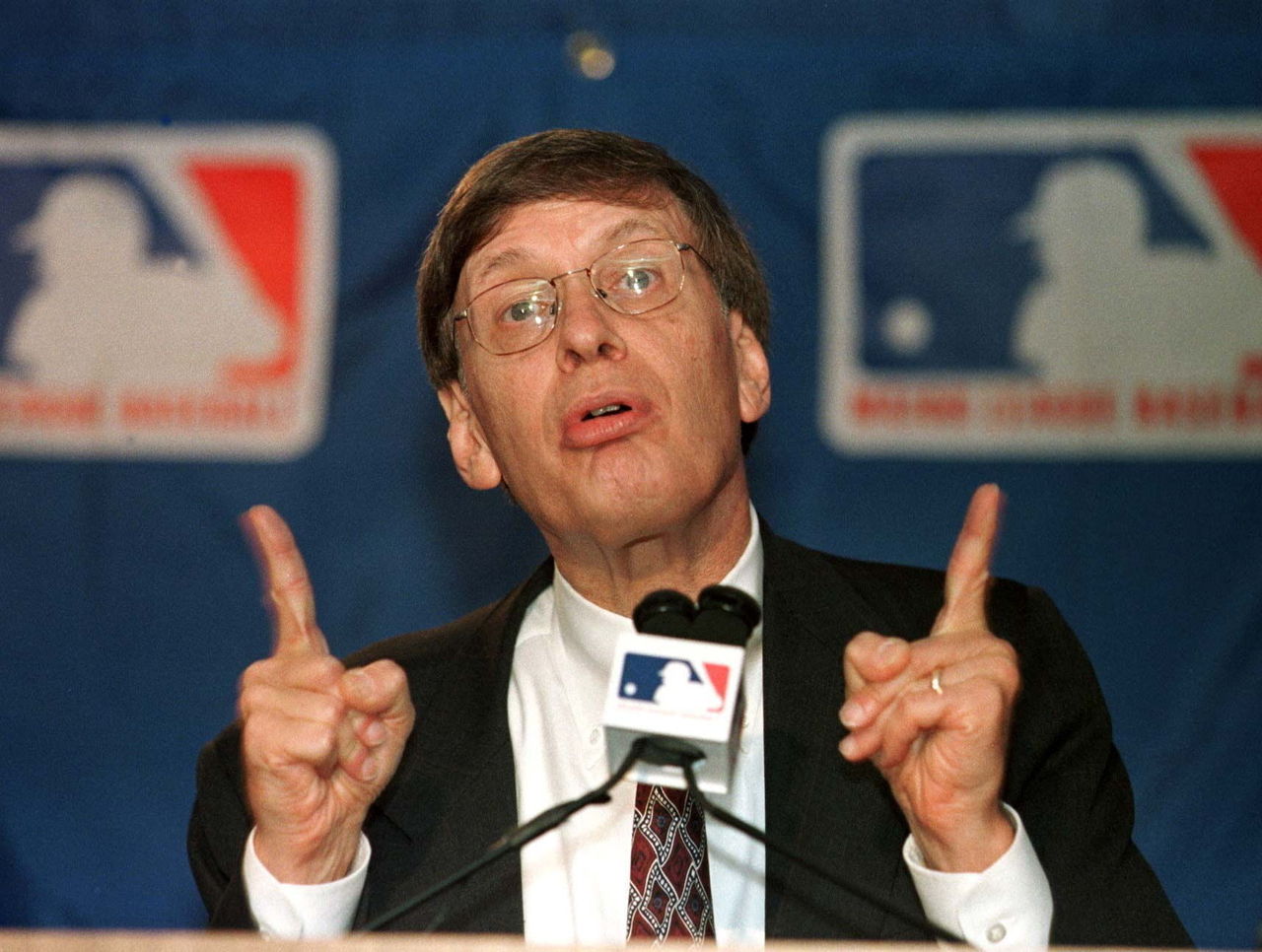
Bud Selig's career often inspires ambivalence among baseball fans, at least outside of Quebec. Though many applaud him for sustaining labor peace for the last two decades while also boosting attendance figures, he also oversaw the steroid era and, of course, the cancellation of the 1994 postseason. As such, Selig is persona non grata in Montreal. Can you ever forgive him?
Although I guess I maintain some animus as a fan, the facts don’t really suggest that Selig torpedoed the franchise or that (former owner Jeffrey) Loria did, or whatever. Shit just went wrong, man. It was bad. Once (original owner) Charles Bronfman was gone - he sold the team in the early 1990s - the consortium of local owners who took over had no interest in supporting the team and it was very much like a lifeline - "Here’s $5 million and never bother us again." All these companies had the ability to snap their fingers and do whatever but they were not committed to the product, they didn't market the team, they didn't do anything. And so everything is colored by that.
People say that the fans are not there? No, it's because ownership didn't support the team and it was a crummy stadium and they were waging anti-marketing campaigns. There was never any attempt to cultivate the process, and even when you get to Selig and Loria, by that point the well is poisoned for the same reason, because you've had lousy owners for a long time. So yeah, I have some ambivalence toward Selig - I also think that he failed in some other ways - but I don't presume that those guys are the reason that baseball failed in Montreal.
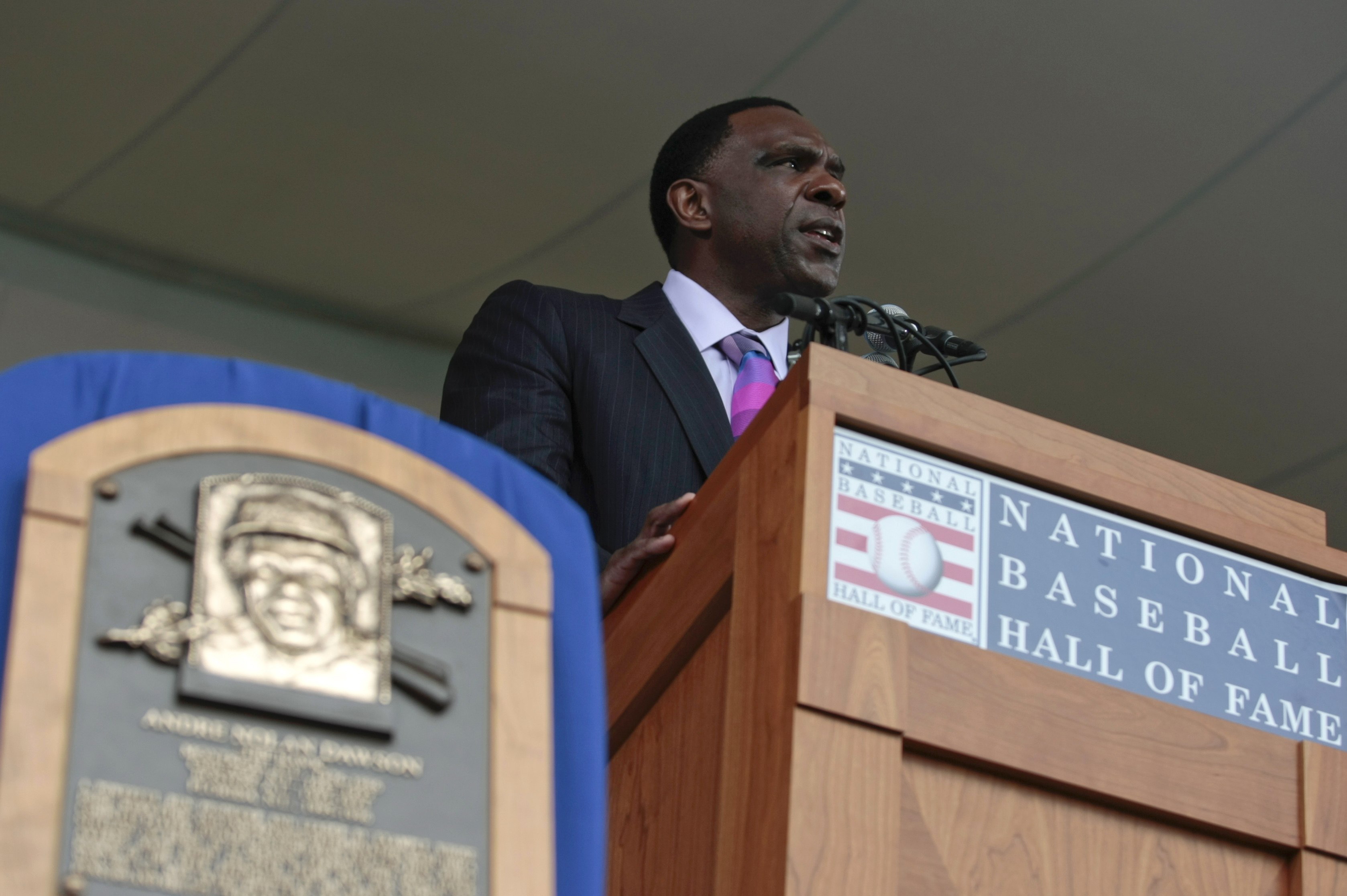
The Expos had such a strong record of success in terms of player development, especially during the halcyon days of the late-'70s and early-'80s. Right now, which MLB club cultivates homegrown talent with the kind of success the Expos enjoyed 35 years ago?
It changes, because now the best farm system belongs to the Cubs. The way that baseball was set up (35 years ago), it was a marker. You could say: Yes, the Expos and the Blue Jays are clearly the "player-development teams". Now, (though) not everybody because the Phillies have ignored it and the Yankees have their own mandate, but more teams recognize - rather than pay lip service to it - they're all trying to do it. But it's going to go in cycles.
Teams are better at drafting now, also, so draft order matters more now. Back in the day, you could just be smarter about it and draft 25th and it was no problem ... (so) I think the answer to the question is the teams that are more analytically-oriented, they're going to be more focused on the scouting side, too, because they know that that is the best value. If you have a homegrown guy, it's going to give you the best bang for your buck.
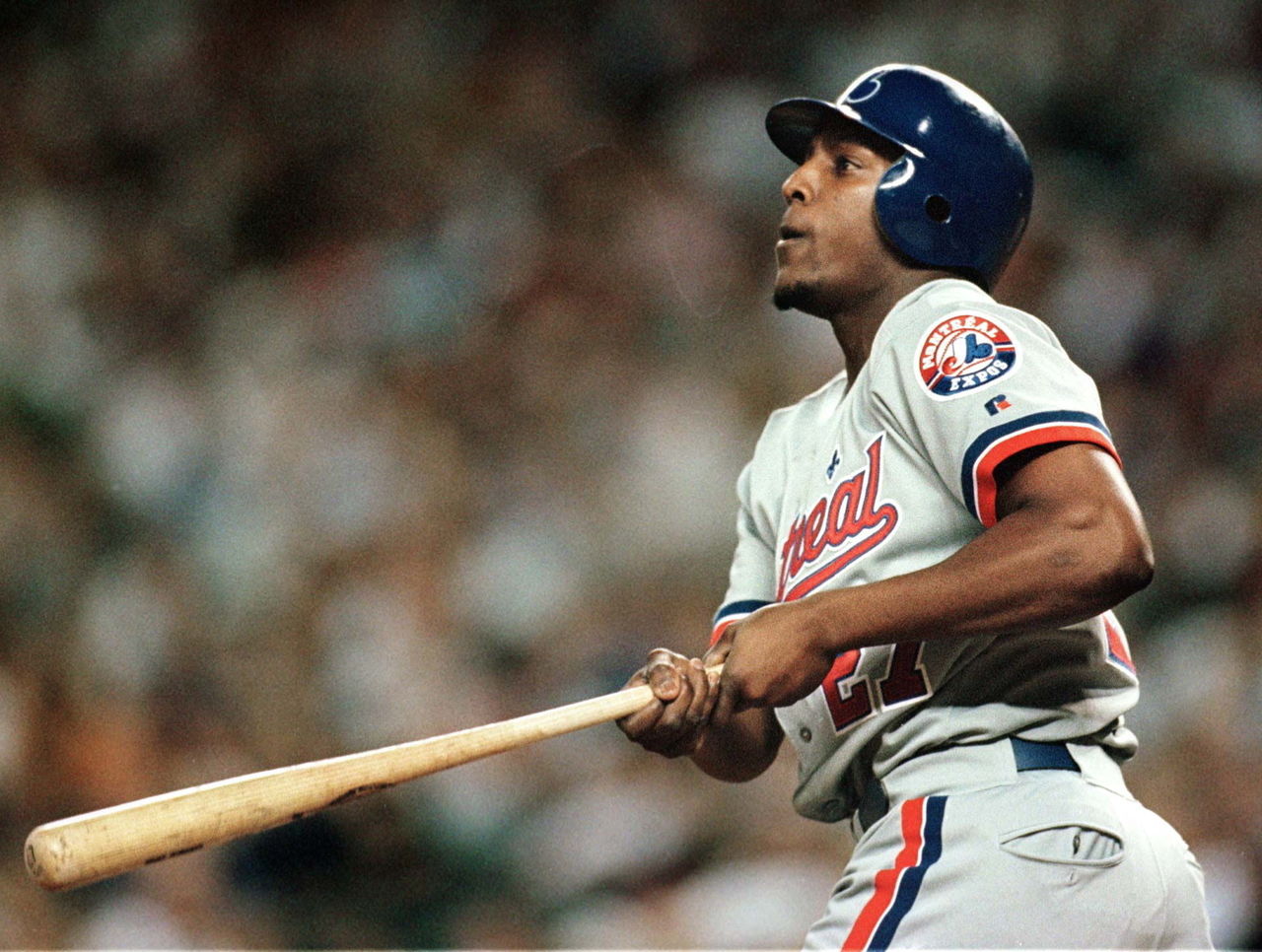
One of the things you do so well is introduce more advanced statistics in a very accessible way - in your book you reference, at least implicitly, things like weighted runs created plus (wRC+), batting average on balls in play (BABIP), left-on-base rate (LOB%), etc. Did your approach to analysis for writing this book, however, differ from how you usually operate at Grantland?
Oh, yeah. You’re actually one of the first people to bring that up because I'm trying so hard to be subtle. So, so hard. Like I won't even say "wRC+". I'll say, "adjust the impact of Olympic Stadium and (player X) was 20 percent better than league average." Which, mind you, I try to do at Grantland - the acronyms are just clunky; they don't look good - so I'm always trying to write like that, but with this even more so because it's a work of history and I also don't presume that I have the same audience. I might be talking to a 70-year-old from Notre-Dame-de-Grâce, and that's fine. I want them in. I don't want to alienate them.
So Grantland, really, they support that, too - it's definitely a place where you're trying to spin an interesting narrative while also being analytical - but here I'm even taking it down another 50 percent. I wanted it to be in there just because there were things that I needed to explain beyond "this guy hit well this year."
With less than one week remaining until Opening Day, let's finish with a few rapid-fire questions about the upcoming season:
Q: In an American League devoid of a true juggernaut, who takes home the pennant?
A: The Mariners.
Q: Who provides more WAR in 2015: Masahiro Tanaka or Jose Fernandez?
A: Fernandez is my favorite player in baseball right now. I'll say Tanaka. That's a tough one.
Q: Bryce Harper will hit 30 homers this year. Over/Under?
A: Under. Take the under in everything in baseball.
Q: Do the revamped Cubs earn a wild-card spot this season?
A: Yup.
Q: Who would you rather have for the next 10 years: Kris Bryant, Mookie Betts or Yoan Moncada?
A: Hmm. There's two schools of thought. You can either take the safest guy or the highest ceiling, but the thing is that the safest is already very good, so I'd probably take Bryant.
Q: Red Sox more likely to trade for Cole Hamels or Johnny Cueto?
A: Cueto. They always do the thing that people don't expect.
Q: Both the Giants and Royals finish below .500. True or false?
A: True.
Q: Slap a 20-80 grade on the following ...
A: (Unprompted) Little Big League: 90